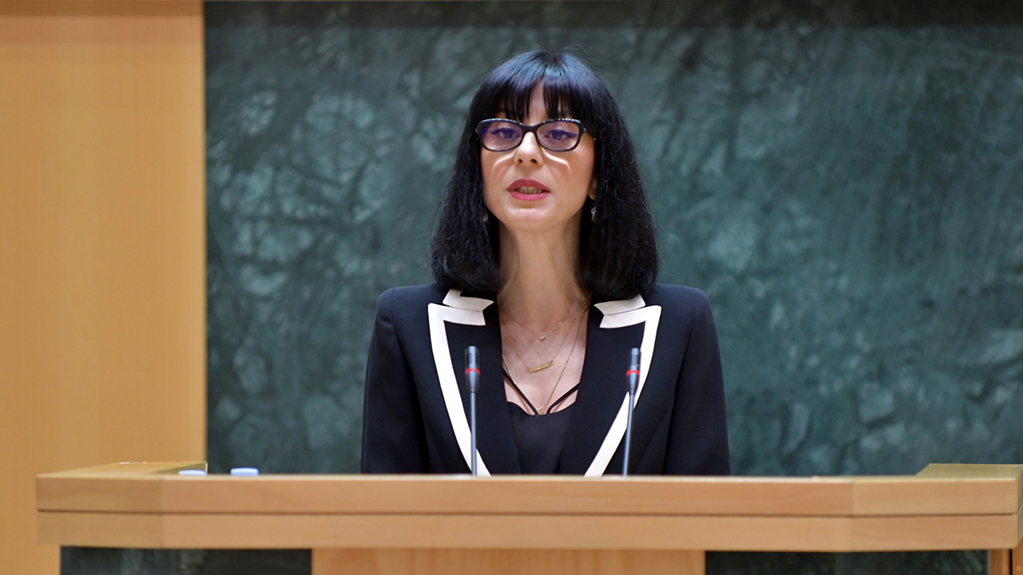“It is erroneous and misleading to claim that ethnic minority members in Georgia must pay a fee to acquire proficiency in the state language,” stated Thea Akhvlediani, nominee for the position of Minister of State for Reconciliation and Civil Equality, during a joint session of the parliamentary committees.
News
“Over the three years of my tenure as minister, we have extensively discussed, in various forums including public forums, the opportunities provided by the state to ethnic minority representatives at every level of education, ranging from preschool education to secondary, vocational, or higher education, as well as non-formal education. These opportunities are entirely cost-free and encompass a broad spectrum,” Akhvlediani clarified.
She explained that the “1+4 program” affords Armenian and Azerbaijani-speaking citizens the chance to enroll in a tuition-free one-year program to study the Georgian language, facilitating their pursuit of higher education.
Individuals from ethnic minorities have had the opportunity to pursue higher education in Georgia through a streamlined process since 2010. Under this simplified system, known as the “1+4 program” candidates undergo a proficiency test in Armenian, Azerbaijani, Abkhazian, Ossetian languages. Upon achieving the requisite scores, they become eligible for higher education. Participants undergo a year-long Georgian language training course and, upon accumulating 60 credits, proceed to their chosen faculty.
Each year, the state provides funding for 100 ethnically Azerbaijani and 100 ethnically Armenian youths at the preparatory level within the framework of the “1+4 program.” However, it should be noted that the number of students benefitting from this program exceeds the allocated funding.
According to statistics from the National Center for Assessment and Examinations, in 2023, over 400 Armenian-speaking applicants and over 1600 Azerbaijani-speaking applicants successfully passed the General Skills Test.
Consequently, apart from the 100 students with the highest scores, hundreds of students are required to pay 2250 GEL for enrollment in the one-year state language program.















